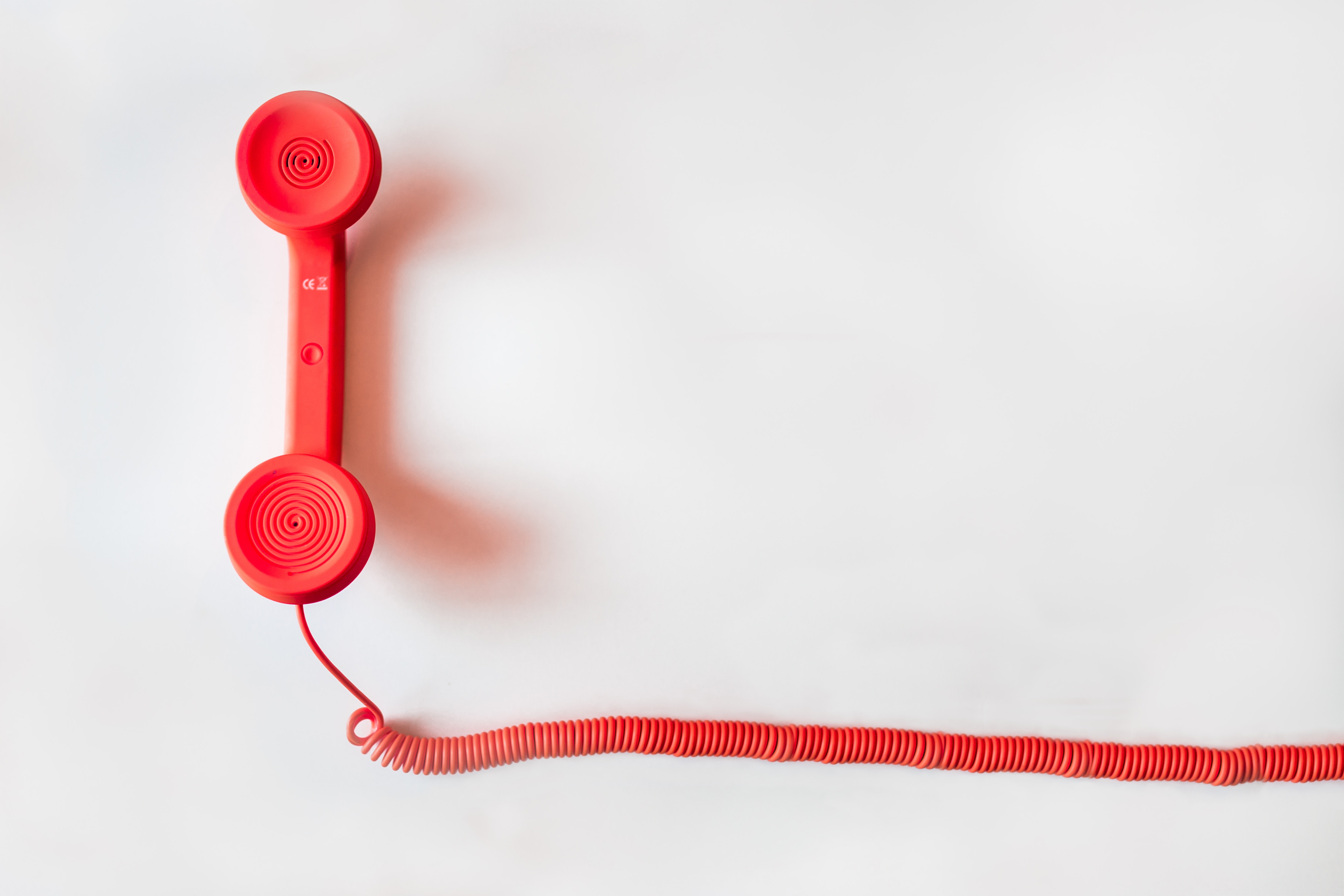If you’ve ever doubted your dependence on your home’s heating and cooling units, you’ve never had a fridge break in the middle of a heat wave; or woken up on a frigid December morning to find your heating unit on the fritz. If you *have* experienced either of these unfortunate scenarios, you probably went to the phone and started dialing the number of your heating company. In situations like these, you want the problem solved immediately—but you should first make sure your heating concern isn’t one you can solve yourself. Here’s a look at some common things you should check before calling a heating company.
1. Is the power switch accidentally turned off?

It is not uncommon for a power breaker to turn off accidentally. You don’t want to be calling a heating company just for them to flick a switch—which is why it’s important to check your circuit breaker before picking up the phone. The heart of your heating problem could be as simple as turning a switch.
2. Check the thermostat.

It’s (very) possible that someone tampered with the thermostat and doesn’t want to admit it to you. Even *you* could have changed your thermostat’s setting accidentally—so when you notice your heating system isn’t working, check the thermostat switch setting before calling professional services.
3. Look for a clogged or dirty air filter.
Oftentimes, a clogged or dirty air filter is the culprit behind a poorly functioning heating system. This is particularly true for homeowners who have carpet or pets, or whose home is near construction zones. Examining the air filter is an essential step when troubleshooting a heating mishap.
4. Examine the vents.

Vents are very sensitive components of a heating unit. It’s a good rule of thumb to inspect vents, grills, and ducks for any blockage. A blockage is one of the chief factors that can lead to irregular airflow, which can make it seem like your heating system is down.
5. Inspect the outer unit for any debris.
It’s easy to overlook the outer unit of your HVAC system—but the outside is particularly vulnerable to clogging from debris like branches and leaves. You’re more likely to have a blocked external unit if the system sits in a debris-flowing area. Check the outside unit for any clogging, and use a hose with a spray nozzle to clean the unit and remove debris after shutting off the power.
After you’ve ensured your heating problem isn’t a minor one, it’s safe to assume your system may need professional attention. But once you’re ready to call the heating company, it’s good to do a little research about your service provider—especially if it’s a company you haven’t worked with before.
Start with your circle.
![]()
The foremost step to take when looking for a heating company is to ask your friends and colleagues. It is best to avail the services of a company that your friends trust—so ask around and see if a name comes up.
Check the company’s reputation.
Once you get a name from someone you trust, you’ll have an idea of the company and its services. But if your offline research doesn’t bear any sweet results, you can do an online search for a more complete picture. Firstly, make sure the company you have in mind provides services in your area. Then check the following two factors to determine the company’s reputation:
- A professional-looking website (i.e. HVAC Edmonton)
A website with proper contact information is a good sign that the company provides authentic services. It’s also a great resource for learning about a company’s experience.
- Online reviews
90% of us read online reviews before working with a business. Check a company’s reviews to uncover its reputation. If you’re worried about fake online reviews, keep in mind that an angry customer is 2-3 times more likely to leave a negative review than a satisfied customer is to leave a positive testimonial.
AUTHOR BIO: JABIR MOHAMED
Jabir Mohamed is the Outreach Manager for Acclaimed! Heating, Cooling andFurnace. He’s always had a passion for HVAC services and home maintenance, which eventually lead him to become even more interested in creating content to help homeowners.






